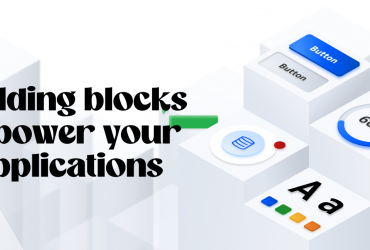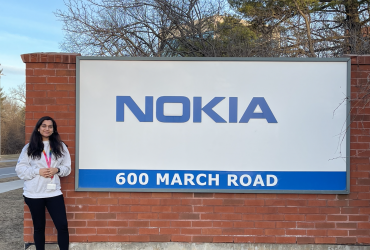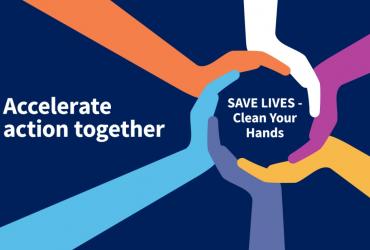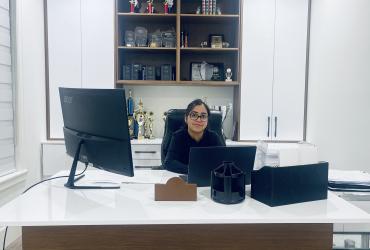Reflection
A concluding reflection on my experience so far at Samsung Electronics is that committing to efficient time management in collaborative projects is crucial to productivity. While you may have individual ideas that you believe strongly in, the ideal approach is to integrate your relevant team members in every step of the way with your work. Always ask questions; not having all the right answers is a part of the learning experience. During my previous work and academic experience, I was often worried about being right rather than learning and expanding upon my previous skills. Dispelling what you previously understood to be the right approach to design is a key element in the process of actually progressing within your Co-op career.
Most Valuable Aspects of This Experience
The most valuable aspect of this experience was the collaborative dynamic that fostered a significant development in my user interface design and prototyping skills, specifically in Figma. My capabilities in Figma have become a lot more intuitive, and my improved understanding of the auto layouts, prototyping, and grid-based features has improved the efficiency of my work altogether. I also tend to design independently and within my own headspace – while this may work in specific situations, working alongside your colleagues is a lot more efficient as it will prevent yourself from progressing further with individual mishaps.
Connection to Academic Studies or Career Goals
In regards to the connection to my career goals, I will look into potentially a more design-focused career path once I wrap up my undergraduate degree. The most stimulating aspect of my Co-op term so far has been the collaborative work on a design system, which involves a heavy focus on design and accessibility. While I did dabble in user experience research as well, the research aspect of the design process does not align as strongly with my interests and passions within the design space. Since I have just a few courses remaining in pursuit of completing my undergraduate degree, I will commit as much as I can to pursuing courses that support my path into visual design.
Advice for Future Students
Most importantly, be confident! Being afraid to share your ideas or input could put you in a tough spot when it comes to getting to work on projects that you’re actually interested in. Ensure that your ideas are actually heard, and your opinions are being valued by those that you work with. Striking a balance between supporting yourself and your ideas in the design space, while also equally considering the opinions and contributions of others, is crucial to making the most out of your learning experience.
My advice for future students would be to try out everything within the scope of design before committing to something specific. While you may potentially have an idea of your future path the moment you start your academic career in design, it may not always work to your expectations. Keeping an open mind, learning as many relevant skills as possible, and keeping your portfolio and skillset diverse during the earlier stages of your career ensures that you can dip your feet in various endeavours and truly understand what path works best for you. Network with professionals in the spaces you are most interested in, to further your understanding of what to expect from pursuing those paths. Do not be afraid of trying out aspects of design that may be out of your immediate comfort zone. While you may be inclined to pursue what you are ‘good’ at, ultimately stepping outside of that boundary is what will assist in your progression in the design sphere. You never know what could end up speaking to you, which may stray quite far away from the path you preemptively carved out for yourself! Co-op should be a learning opportunity more so than trying to prove yourself, or what you think you know. Expertise comes after.














